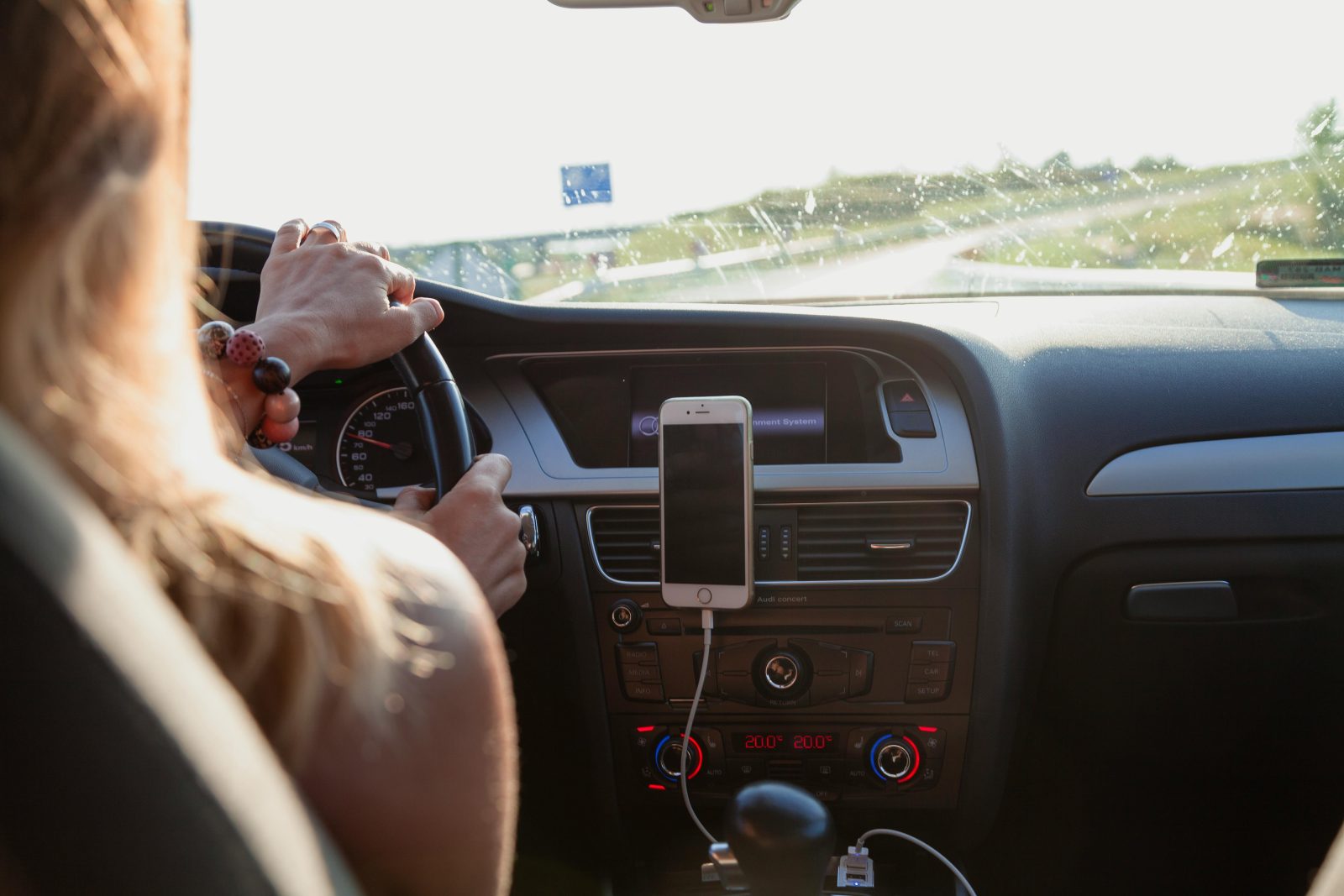
How Much Money to Take on Holiday: A Comprehensive Guide
Going on holiday is an exciting time, but one aspect that many people find stressful is determining how much money to take. Budgeting for a holiday can be tricky, as expenses can vary depending on various factors. In this comprehensive guide, we will explore everything you need to know about determining your holiday budget, managing your money while on vacation, and even saving some money along the way.
Understanding Your Holiday Budget
Before we delve into the specifics, it’s essential to have a clear understanding of what exactly a holiday budget entails. Your holiday budget refers to the estimated amount of money you will need to cover all your expenses while on vacation. This includes accommodation, food and drink, transportation, sightseeing fees, and any unexpected expenses that may arise.
Planning a holiday can be an exciting time, filled with anticipation and dreams of relaxation and adventure. However, it’s crucial to approach the process with a level-headed mindset and a realistic understanding of your financial limitations. By creating a comprehensive holiday budget, you can ensure that you have enough funds to enjoy your vacation without constantly worrying about money.
Factors Influencing Your Holiday Budget
There are several factors that can influence how much money you will need to take on holiday. Firstly, the duration of your trip plays a significant role. A weekend getaway will require less money compared to a two-week vacation. The longer you plan to stay, the more you will need to budget for accommodation, meals, and activities.
Additionally, the destination you choose also affects your budget. Some countries are more expensive than others, so it’s crucial to research the cost of living and average prices in your chosen location. For example, a trip to a bustling city like New York or Tokyo may require a higher budget compared to a beachside retreat in Bali or a cultural exploration in Southeast Asia.
Furthermore, the type of accommodation you opt for will impact your budget. Staying in a luxury hotel will cost more than renting a budget-friendly apartment or camping. It’s essential to consider your preferences and priorities when it comes to accommodation. Are you willing to splurge on a luxurious resort or are you more interested in immersing yourself in the local culture by staying in a guesthouse or homestay?
Last but not least, your personal spending habits and preferences will play a role in determining your budget. If you enjoy dining at upscale restaurants and participating in costly activities, you’ll need to allocate more funds for these experiences. On the other hand, if you prefer to explore local street food markets and engage in free or low-cost activities, you may be able to stretch your budget further.
Tips for Setting a Realistic Holiday Budget
Setting a realistic holiday budget is essential to ensure you have enough money to enjoy your vacation without constantly stressing about finances. Here are a few helpful tips to help you create a realistic budget:
- Research your destination thoroughly to get an idea of the cost of living and average prices. Look into the prices of accommodation, meals, transportation, and activities in the area you plan to visit. This will give you a rough estimate of how much you should budget for each category.
- Make a list of all the expenses you will incur during your trip, including accommodation, transportation, food, activities, and any additional costs such as visa fees or travel insurance. By having a comprehensive list, you can ensure that you don’t overlook any essential expenses.
- Allocate a specific amount to each expense category based on your research and personal preferences. Be realistic about how much you are willing to spend on each aspect of your trip. This will help you prioritize your spending and avoid overspending in one area at the expense of another.
- Add some extra funds for unforeseen expenses or emergencies. It’s always wise to have a buffer in your budget to account for unexpected costs that may arise during your trip. This could include things like lost luggage, medical emergencies, or last-minute changes in plans.
- Consider using a budgeting app or spreadsheet to track your expenses while on holiday. This will help you stay organized and keep a close eye on your spending. By regularly updating your budget and monitoring your expenses, you can make adjustments if necessary and ensure that you stay within your allocated budget.
Remember, creating a holiday budget is not meant to restrict your enjoyment but rather to provide you with a clear financial plan. By setting a realistic budget and sticking to it, you can have peace of mind knowing that you have enough funds to fully embrace and enjoy your well-deserved vacation.
Different Types of Holiday Expenses
Now that you have a better understanding of the budgeting process, let’s delve into the specific types of expenses you’ll likely encounter while on holiday.
Planning a holiday involves more than just choosing a destination and booking a flight. It’s important to consider all the different expenses that come with it. From accommodation to food and drink, transportation to entertainment and sightseeing fees, each aspect plays a significant role in determining the overall cost of your trip.
Accommodation Costs
Accommodation costs will likely be one of your most significant expenses on holiday. Depending on your preferences and budget, you can choose from a range of options such as hotels, hostels, vacation rentals, or even camping. Research the average prices in your chosen destination and consider factors such as location, amenities, and reviews when making your decision.
Imagine waking up to the sound of crashing waves and the smell of salty sea air as you step out onto the balcony of your beachfront hotel. Or perhaps you prefer the cozy charm of a bed and breakfast nestled in the heart of a picturesque village. Whatever your accommodation preference may be, it is essential to find the perfect balance between comfort and affordability.
Food and Drink Expenses
Food and drink make up another significant portion of your holiday budget. Dining out can be expensive, especially in popular tourist areas. One way to save money is to eat like a local and explore local markets or smaller, family-owned restaurants instead of tourist traps. Additionally, consider packing snacks or having picnics for some meals to save further.
Indulge in the flavors of the world as you embark on a culinary adventure during your holiday. From savoring traditional street food in bustling markets to treating yourself to a gourmet dining experience at a Michelin-starred restaurant, there are endless possibilities to satisfy your taste buds. Don’t forget to try the local specialties and immerse yourself in the vibrant food culture of your destination.
Transportation Costs
Transportation costs will vary depending on how you plan to get around during your holiday. If you’re traveling to a city with an extensive public transportation system, utilizing buses, trains, or trams can be a cost-effective option. Alternatively, renting a car or using rideshare services may be necessary if you’re exploring areas with limited public transport. Remember to factor in costs such as fuel, parking, tolls, and public transport fares when budgeting for transportation.
Picture yourself cruising along scenic coastal roads, wind in your hair, as you explore hidden gems and breathtaking landscapes. Or perhaps you prefer the convenience of hopping on a train and watching the world pass by outside your window. Whichever mode of transportation you choose, it is an integral part of the travel experience, allowing you to discover new places and create unforgettable memories.
Entertainment and Sightseeing Fees
When on holiday, you’ll inevitably want to experience the local attractions and participate in various activities. Entry fees for museums, historical sites, and tours can quickly add up. Research the costs of popular attractions beforehand and prioritize the ones that interest you the most. Look for any discounts or combo deals available and consider booking in advance to save both time and money.
Immerse yourself in the rich history and culture of your destination as you explore ancient ruins, visit world-renowned museums, and embark on guided tours. From admiring iconic landmarks to engaging in thrilling outdoor adventures, there is something for everyone to enjoy. Don’t forget to capture these moments through photographs and journal entries, preserving the memories of your holiday for years to come.
Managing Money While on Holiday
Now that you have a clear idea of your holiday expenses, it’s essential to think about how to manage your money while on vacation.
Using Cash vs. Cards Abroad
One of the key decisions you’ll need to make is whether to use cash or cards while abroad. Both options have their pros and cons. Carrying cash provides a sense of security and allows you to have a better grasp of your expenses. However, it can be risky, especially if lost or stolen. On the other hand, using cards provides convenience and safety, but you may encounter foreign transaction fees or unfavorable exchange rates. It’s recommended to have a mix of both cash and cards to be prepared for any situation.
Keeping Your Money Safe
Regardless of whether you choose to carry cash or use cards, keeping your money safe is crucial. Invest in a secure money belt or pouch to store your valuables, never leave wallets or bags unattended, and be cautious of your surroundings, particularly in crowded tourist areas. Additionally, consider informing your bank of your travel plans to avoid any potential issues with your cards while abroad.
Dealing with Unexpected Expenses
Even with careful planning, unexpected expenses can arise while on holiday. Whether it’s a medical emergency, lost luggage, or a last-minute change in plans, having some extra funds set aside for such situations is essential. Consider purchasing travel insurance that covers these types of expenses for added peace of mind.
Saving Money on Your Holiday
While it’s crucial to budget and manage your money effectively, saving some money on your holiday allows you to make the most of your experience without breaking the bank.
Traveling During Off-Peak Times
One of the most effective ways to save money on your holiday is by traveling during off-peak times. Opting for shoulder or low-season travel not only saves you money on flights and accommodation but also allows you to avoid crowded tourist areas, making for a more enjoyable experience.
Making Use of Discounts and Deals
Before you embark on your holiday, research discounts and deals available for your chosen destination. Many attractions offer discounted prices for students, seniors, or families, so make sure to check if you qualify. Additionally, consider using coupon websites or subscribing to travel newsletters for exclusive offers and promotions.
Choosing Cost-Effective Destinations
If you’re on a tight budget, choosing cost-effective destinations can make a significant difference in how much money you need to take on holiday. Consider countries or regions where your currency has more value, allowing you to stretch your budget further. Research destinations known for being budget-friendly in terms of accommodation, food, and attractions.
With this comprehensive guide, you now have all the tools and knowledge to confidently determine how much money to take on holiday. Remember, effective budgeting, wise money management, and a sprinkle of savings can go a long way in ensuring you have a memorable and stress-free vacation. So go ahead and start planning your dream getaway!







1 Comments
Exploring the World Unhindered: The Secret to Stress-Free Travel | Travelling with Boys
12th February 2024 at 5:52 pm
[…] budgeting for travel with kids, consider both the large and small expenses that can accumulate. Begin by calculating […]
Comments are closed.